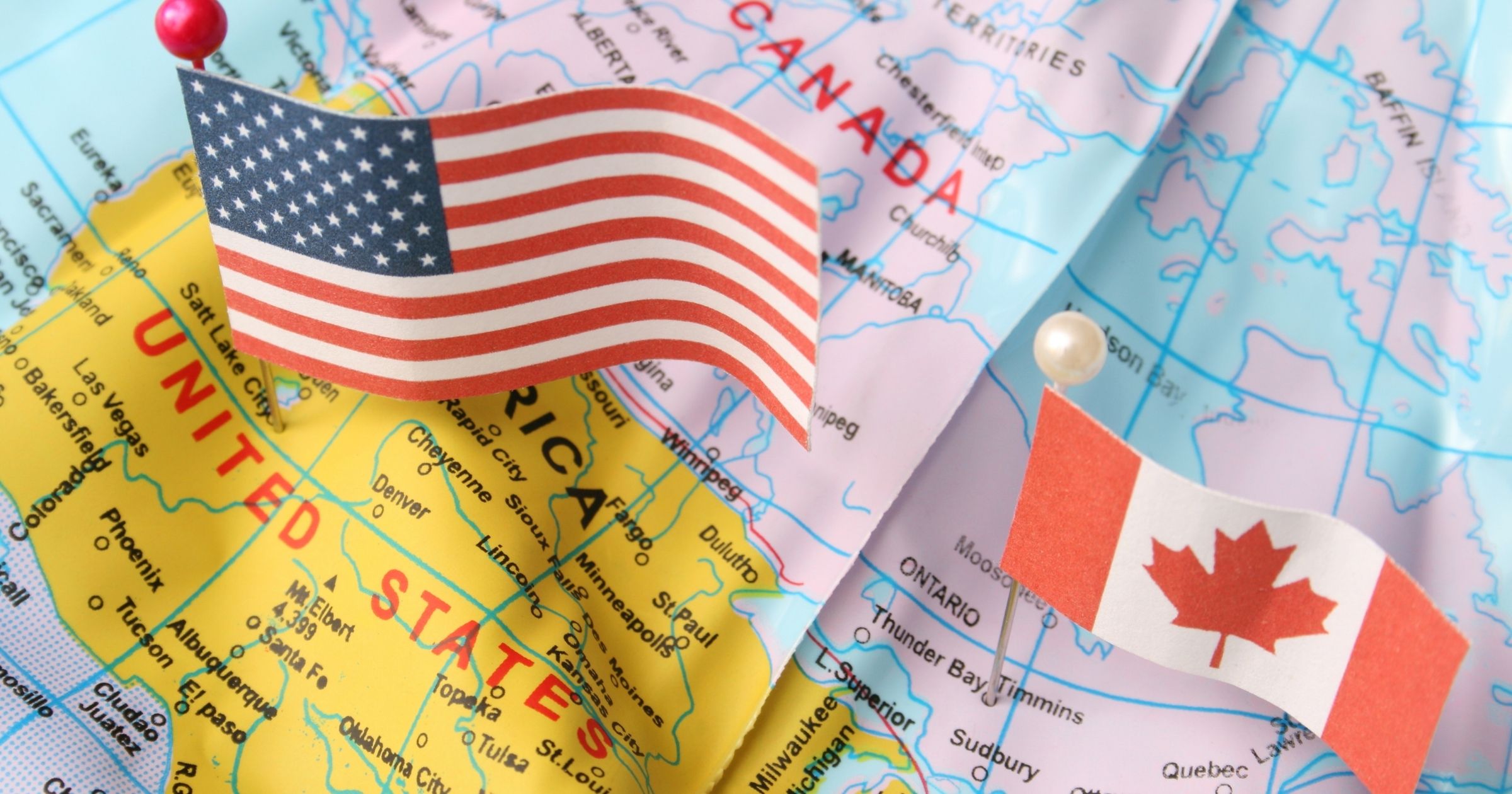What Does Brexit Mean for Travel?
The results are in: The British public voted for Britain to leave the European Union on Thursday, June 23, and the United Kingdom's exit—referred to as Brexit—from the 28-nation union has created uncertainty across the globe and within the travel industry.
On one hand, the British pound hit a record low, rendering favorable exchange rates for Americans and Canadians. After the referendum passed, Professor of Economics and Public Policy, Justin Wolfers tweeted: "Upside: Britain is on sale. Everything, 10-15% off. Steak and kidney pies for everyone."
On the other hand, long-term costs are uncertain and, with London serving as the biggest gateway for international travel to Europe, air travel immigration and security are up in the air.
"It will take some time to understand how the UK's decision to exit the E.U. will affect trade or the economy in the U.K.; however, tourism is an economic driver," said Paula Twidale, Executive Vice President of Collette. "The dollar will become stronger against the pound and it's a perfect time to travel to the U.K. to take advantage of those savings in restaurants, shops, museums and throughout the tour."
Here, Twidale answers questions on what Brexit means for travel—now and in the future.
Q: How might the U.K.'s decision to leave the E.U. affect costs for Americans and Canadians planning trips to Britain?
It's difficult to predict how costs overall will be affected; however, the dollar (USD and CAD) both will go further for spending within the destination. This is positive for the guest traveling and certainly will contribute to the local economy in Britain. Tourism is an enormous economic driver, so we want to continue to support Britain and stimulate growth.
Q: How might Brexit affect air travel costs and security?
Keep in mind when currency falls, the airlines are affected since operating costs and overhead costs increase. We may not see prices lowered, but if the airlines do offer some specials it will likely be at a loss of profit for them. The U.K. and the E.U. are very focused on security, and they will likely continue to look at ways to maintain high-level integrity and work to minimize delays or inconveniences for the travelers.
Q: How might Brexit affect travel from the U.K. to the European continent for Americans and Canadians?
The U.K. and E.U. are open for business and it's a great time to travel. We need to stop focusing on the "what if" and keep living and enjoying the cultures around the world. Europe is one of the most sought-after destination experiences for most travelers and the demand is still very strong. If any visa requirements change for Americans or Canadians, then we could expect some delay in processing and possibly less traffic to the area.
Q: What suggestions do you have for planners as the effects of Brexit play out?
We need to continue to support our partners in Britain and encourage guests to travel. There is absolutely no need to change or postpone a travel experience to Britain. As experienced travel professionals, we are versatile enough to accommodate for changes should the need arise.
Q: What sources are available for planners to learn more about travel changes with the results of Brexit?
Stay current with informational resources such as the United States Tour Operators Association, the American Society of Travel Agents, the National Tour Association and global travel media. As a change in leadership takes place in the U.K., and they determine how to best handle the Brexit from their perspective, everything else will follow. As stated, tourism is an economic driver and it will always be considered in the strategic planning process around the globe.
Photo courtesy of Rayko Swensson/FreeImages.com.
Written by Cassie Westrate, staff writer for Groups Today.



